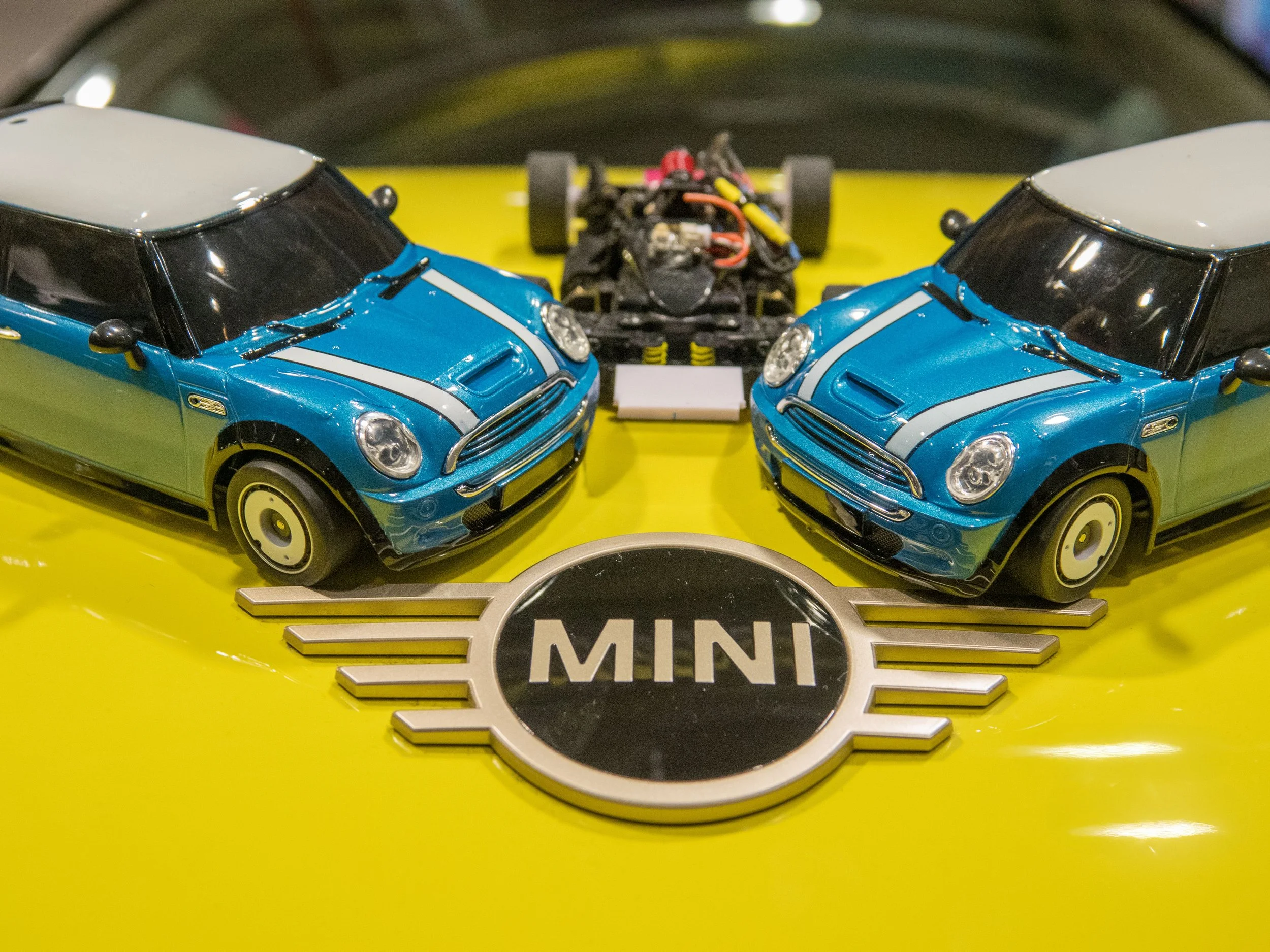Foundation Apprenticeships Need an On‑Ramp: Start with Play, Purpose and Local Employers
The UK is rolling out foundation apprenticeships—and EngineeringUK’s new report gives a practical checklist for success. It calls for clear objectives, demand-led sectors, real employer buy-in (including SMEs), high standards, equity, and provider viability. The urgency is real: digital Level 2 apprenticeship starts fell from ~4,000 (2018/19) to zero (2023/24), while manufacturing Level 2 is down 80% to 2,330. Only 11% of Level 2 engineering/manufacturing starters are female; just 5% are from UK ethnic minorities (excluding white minorities). We don’t just have a skills gap—we have an on-ramp problem.
Pair the policy with places
Foundation apprenticeships work when young people can try, fail, and improve before a contract is on the line. That’s why I’m bullish on low-cost, high-trust clubs—RC car racing, maker nights, robotics—that build engineering habits of mind: problem-framing, experimentation, teamwork and reflection. Run them weekly in school halls and community centres; involve local employers early; let curiosity do the heavy lifting.
AI changes the job, so routes must change too
The EU’s AI Office is consulting on a Code of Practice for transparent generative AI (detection and labelling), with obligations landing from 2 August 2026 under the AI Act. This isn’t just a STEM story: transparency and AI use will shape every sector—from media and retail to public services. Skills plans now need AI literacy for all roles, not just software jobs.
The kicker: adults don’t feel ready. CEDEFOP’s AI Skills Survey found 42% of workers say they need to upskill on AI, yet only 15% trained in the past year; 28% use AI at work, and 54% of those users don’t yet feel more productive. Technology without training doesn’t deliver.
What a joined-up plan looks like
Places to play: fund after-school and community clubs as the feeder for foundation apprenticeships.
Employer-first design: co-create projects and offer bite-size tasters before placements.
AI-ready pathways: bake AI literacy and data ethics into every route—construction, health, digital, rail—so people can use AI safely and effectively from day one.
Measure what matters: track confidence, collaboration and persistence alongside qualifications.
RC Vision × BMW Group Plant Oxford: a live on-ramp
At RC Vision we turn a patch of floor and some cones into a pop-up engineering lab. Young people wire circuits, tweak set-ups, compare lap times and help each other go faster. It’s fun—and it’s the missing on-ramp to foundation apprenticeships and, ultimately, good jobs.
Our partnership with BMW Group Plant Oxford (home of MINI) turns that on-ramp into a pathway—from school and community clubs to foundation apprenticeships, HTQs and employment.
How the pathway works
Prepared entrants
Repeated club sprints sharpen ratio, measurement, simple data analysis and communication. Learners arrive with a portfolio of evidence, not just anecdotes.
Employer engagement
BMW people help shape the challenges, attend showcases and host tasters. “Industry” becomes people with names and stories—motivation you can’t fake.
Progression clarity
Every step is signposted: club → taster → micro-placement → foundation apprenticeship/HTQ. We use clear windows and prompts so momentum isn’t lost.
What learners do (and why it sticks)
Flow & takt time: pit-lane style workflow drills; learners spot bottlenecks and propose small fixes.
Digital quality: camera-based checks on RC cars to mirror basic machine-vision ideas (with human-in-the-loop judgement).
Energy & EV literacy: battery care, charging cycles and data-led range decisions that echo electrification themes.
Kaizen cards: small continuous-improvement experiments students design, test and present.
We run factory → community loops: after a (virtual or in-person) plant visit, we host a “factory replay” club night, translating line balance, safety and quality checks back to the track. Teachers and youth workers get externships at the plant—leaving with ready-to-run activities and a named contact for Q&A.
Why this is future-ready (without the buzzwords)
Engineering is becoming more digital and data-rich. That doesn’t make humans less important—it makes human skills more important: problem-solving, communication, safe tool use, judgement. The BMW × RC Vision approach teaches those alongside the technical basics.
How you can help
Schools/colleges: book a taster term. We’ll run a three-sprint sequence and line up a Plant Oxford Q&A (virtual or in-person).
Employers (beyond automotive welcome): co-design a sprint aligned to your workflows—packaging, quality, logistics, energy—and meet the next cohort in a low-pressure setting.
Local authorities & funders: back the on-ramp. Small grants for evenings and weekends unlock big progression gains at very low cost per learner.Bottom line: foundation apprenticeships are the policy; clubs + BMW are the on-ramp. Put them together and you get learners who are confident, curious and ready to contribute—and employers who meet talent long before day one on the job. That’s how we turn interest into progress, and progress into careers.
Keywords: foundation apprenticeships, EngineeringUK, STEM pipeline UK, Level 2 apprenticeships, AI literacy, EU AI Act transparency, community STEM clubs, RC Vision, BMW Group Plant Oxford, maker education, engineering habits of mind, micro-placements, HTQs
